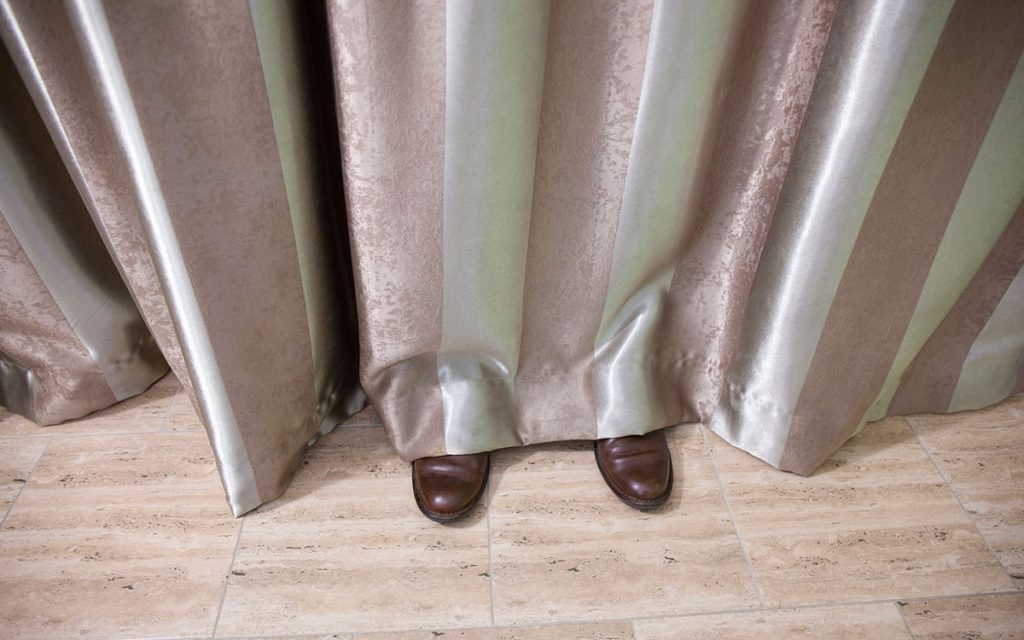Hearing loss can sneak up on you so gradually that you may not even notice it. Your first inkling that something is wrong won’t occur until you’re at a party and you find yourself frequently asking people to repeat themselves when talking to you. Or perhaps a family member or friend complains that you’ve set the volume on the TV at an uncomfortably loud level for others who are watching.
According to the Hearing Loss Association of America, 48 million Americans are living with some degree of hearing loss, and it’s estimated that as much as 19 percent of Canadians have mild or worse hearing loss. Additionally, people experiencing hearing loss wait an average of 7 years before seeking help for their condition.
The most common type of hearing loss occurs when the hairs in the inner ear become damaged, typically due to the aging process or prolonged exposure to loud noises. The inner ear hairs are important because they send signals to the brain to tell you what you’re hearing. Unfortunately, this damage is not always obvious.
Sometimes it’s difficult to tell if you have hearing loss, because you may be able to hear soft noises quite well, but not be able to understand when someone is talking to you in a crowded room. This is why hearing tests are so important. They not only check both ears, but they also help you evaluate whether you have hearing loss across frequencies or other conditions that make hearing difficult. You could, for example, have hearing loss in the high-frequency ranges, but hear low-frequency sounds well. The possibilities are endless, and only a test can give you an accurate sense of whether you have hearing loss, how bad it is, and whether you need to get treatment.
You should consider a hearing test if any of the following apply to you:
- When meeting someone for the first time, you can’t hear the person clearly when he or she is speaking.
- You can’t hear important sounds that occur during your day, including the alarm clock, cell phone notifications or the oven timer.
- You have trouble hearing phone conversations, particularly conversations on your cell phone or calls with a great deal of background noise.
- Your inability to hear is impairing your social life.
Whether or not you believe you have experienced hearing loss, it is important to wear earplugs to protect your hearing from damage during noisy situations. You should definitely be wearing earplugs if you know you’re going to be exposed to loud noises for an extended period of time. This is particularly important for individuals who work in the construction trades and are constantly exposed to noise from jackhammers, power tools, bulldozers, and other machinery.
Even if you don’t work in construction, you should wear earplugs when mowing your lawn, using a leaf-blower and attending concerts. Prolonged exposure to loud noises is a common cause of hearing loss, but one that is easily prevented.
Factors other than loud noises and aging can also affect your hearing. Your hearing loss may be due to something as simple as an earwax obstruction, or as serious as an ear infection. Furthermore, you should seek treatment from a hearing specialist if you experience frequent ringing or buzzing in your ears – as this may be a sign of tinnitus.
If you find your conversations with friends and family members seem muffled, or that you aren’t attending social functions because you’re embarrassed that you can’t hear well in large gatherings, you may be experiencing mild to moderate hearing loss. If you are, it’s important to seek treatment as soon as possible to prevent further hearing loss.
If you are tired of missing out on important conversations, see a hearing specialist.
